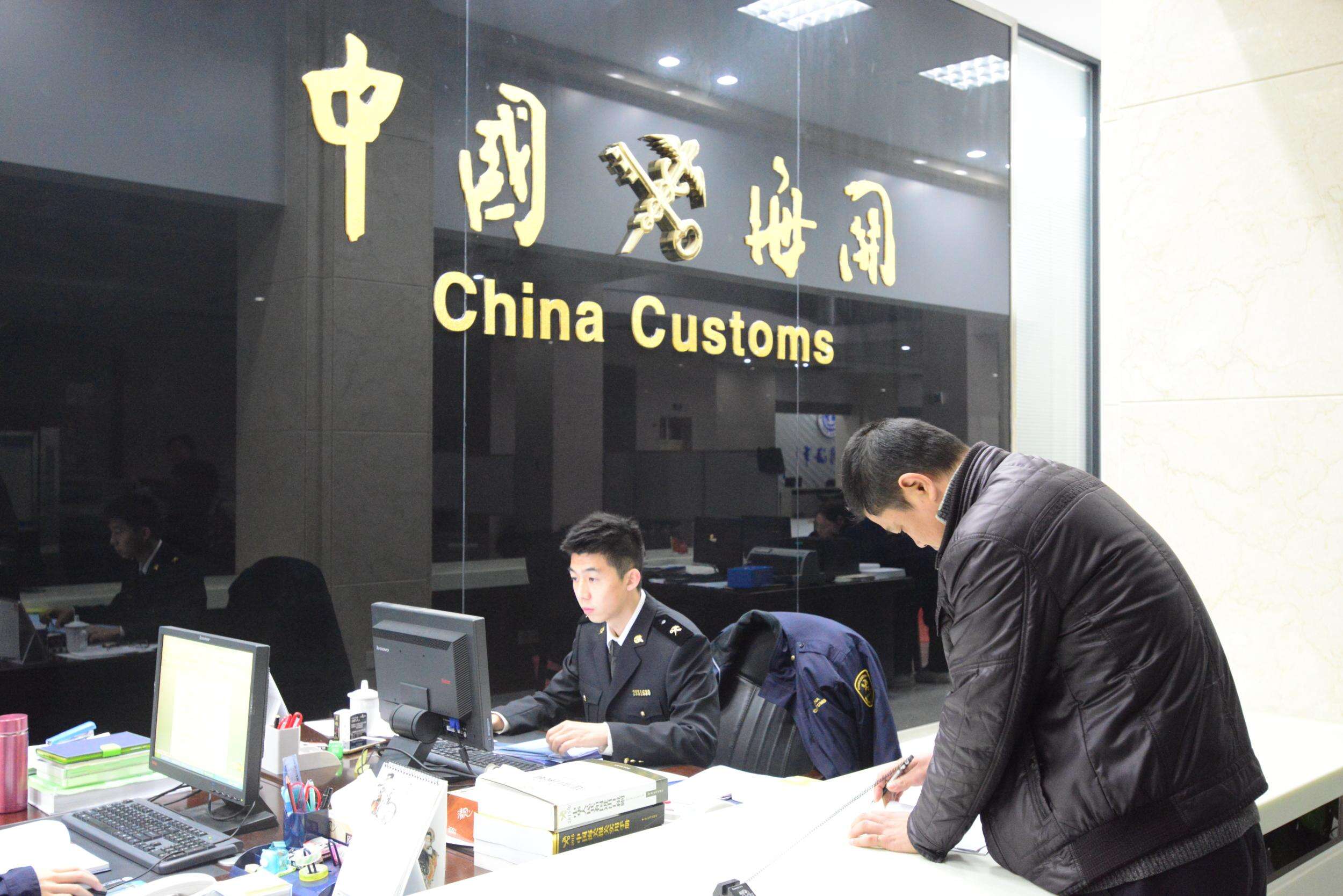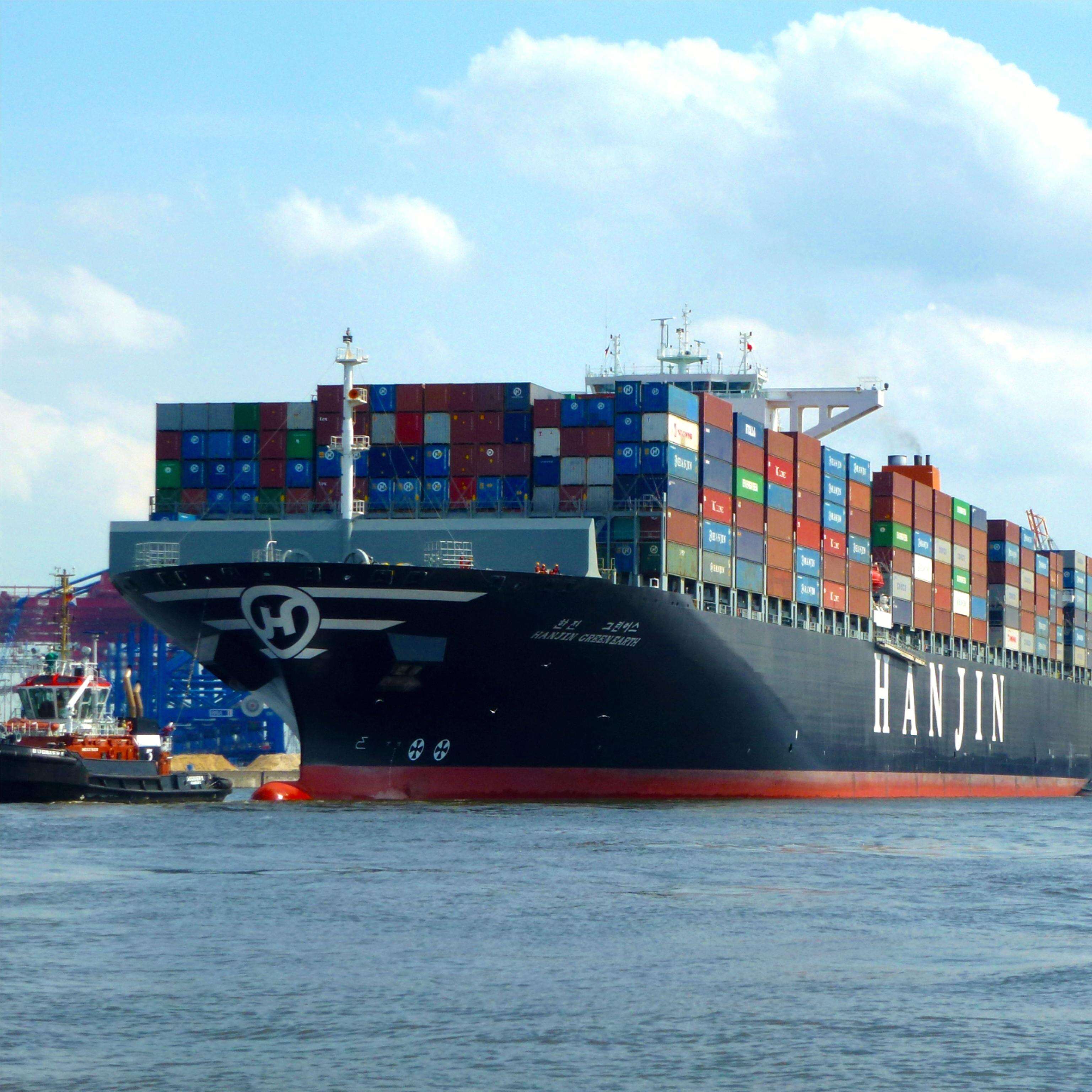freight forwarding systems
Freight forwarding systems represent a comprehensive digital solution designed to streamline and optimize the complex processes involved in international shipping and logistics management. These sophisticated platforms integrate multiple functionalities, including shipment tracking, documentation management, route optimization, and cost calculation capabilities. The system serves as a centralized hub where freight forwarders can efficiently manage their operations, from initial booking to final delivery. Modern freight forwarding systems leverage advanced technologies such as artificial intelligence and machine learning to predict optimal shipping routes, automate customs documentation, and provide real-time visibility of cargo movement across global supply chains. These systems typically include features for warehouse management, inventory control, and integration with various transportation modes including sea, air, and land freight. The technology enables seamless communication between multiple stakeholders, including shippers, carriers, customs authorities, and end customers, while maintaining compliance with international shipping regulations and standards. Additionally, these systems offer robust reporting and analytics capabilities, allowing businesses to make data-driven decisions and continuously improve their logistics operations.


